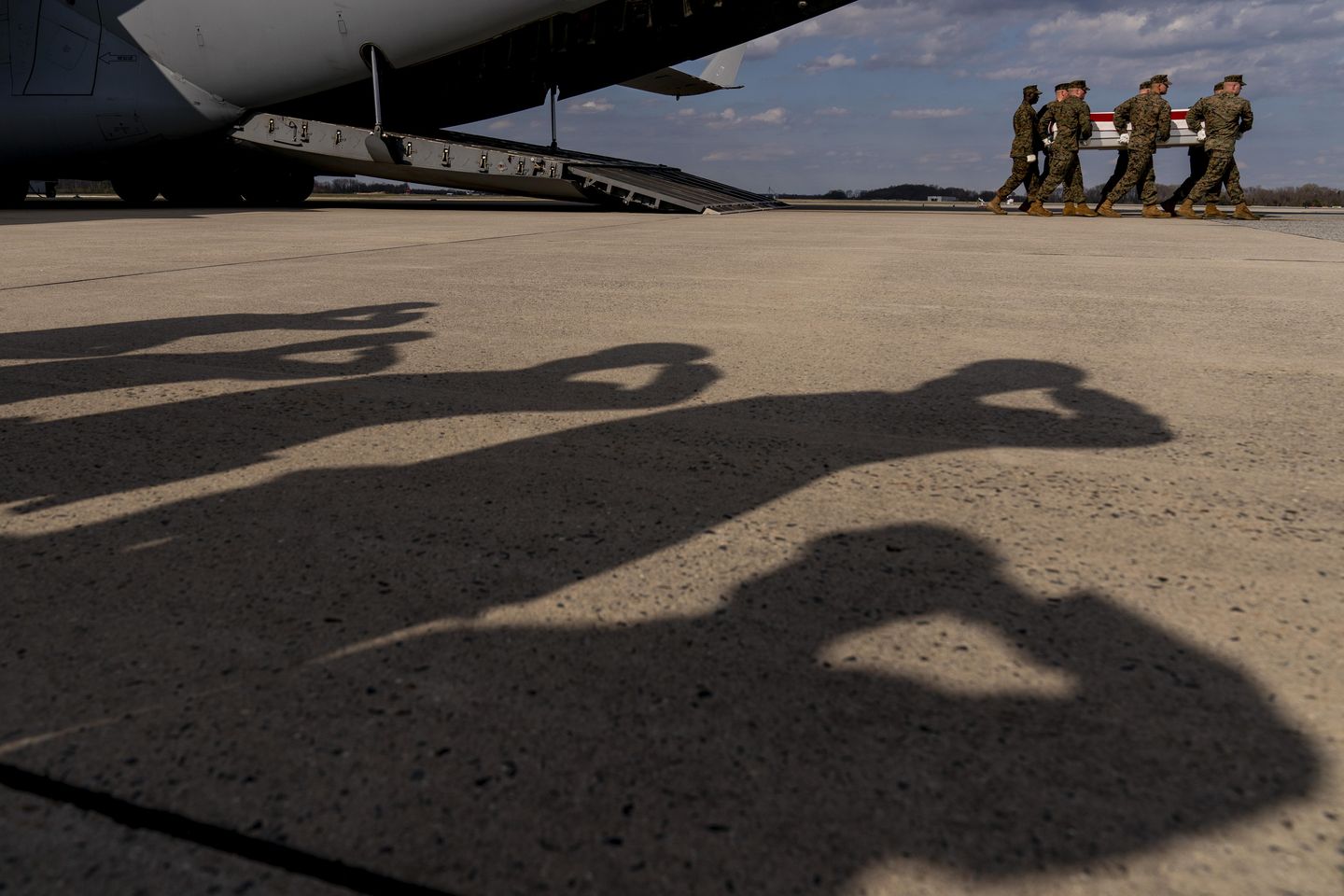

The Marine Corps and the Navy are facing lawsuits over prohibitions on service members wearing beards or long hair required by their religion.
Navy and Marine Corps regulations require troops to remove facial hair, including those whose Jewish, Muslim and Sikh faiths call for beards as a sign of fidelity. Additionally, Sikhs are forced to cut their hair, contrary to their devotion. The Army and the Air Force do not have such restrictions.
Marine Corps Capt. Sukhbir Toor, a Sikh, filed a religious discrimination lawsuit last week in U.S. District Court for the District of Columbia. The plaintiffs include three potential Sikh recruits: Aekash Singh, Jaskirat Singh and Milaap Chahal.
Capt. Toor said he initially violated his faith to serve in the Marines but has continued to seek a religious accommodation. The recruits said they would be required to shave their heads and beards for the duration of boot camp to promote “uniformity” in the Corps, according to a statement from Becket, the public-interest law firm representing the four men.
Giselle Klapper, an attorney with the Sikh Coalition and a co-counsel in the litigation, said suing the Marine Corps “is a last resort.” She noted that the Army changed its policies five years ago after it was sued over religious liberty issues involving Sikhs.
The Army “opened the door and removed the remaining limitations for Sikhs who wanted to serve with their turbans and their beards intact,” Ms. Klapper said. “It’s not just that the Army and the Air Force accommodate Sikh soldiers and airmen. It’s that they’ve been doing so for a while now. You know, there’s ‘proof of concept’ here.”
“There’s a way to still accomplish unit cohesion and military readiness without forcing someone to literally remove their identity,” she said.
The Sikh case joins a 2021 lawsuit against the Navy that Becket filed on behalf of Edmund Di Liscia, an Orthodox Jew, and three Muslims: Leandros Katsareas, Dominique Bragg and Mohammed Shoyeb. They sought to wear beards in observance of their religion but were told they would have to shave because of issues involving the “safe and effective wear and operation of protective equipment,” such as gas masks and respirators, according to a 2021 federal lawsuit also filed in federal court in the District of Columbia.
In the Navy case, Mr. Di Liscia and the others received some accommodation with regard to facial hair. His attorneys are pressing for permanent permission to wear a beard.
Eric Baxter, senior counsel at Becket, said he hopes the services will come around and “do the right thing” for Marines and sailors, especially since members of both services can and do receive indefinite medical exemptions if a beard prevents skin conditions such as pseudofolliculitis barbae, commonly known as razor bumps.
“The Marines have not disclosed its hand as to what my clever argument will bring to distinguish medical beards from religious beards,” Mr. Baxter said.
Such distinctions raised by other services have “always failed,” he said, adding that “I really don’t see a different outcome for the Marines here.”
Mr. Baxter said he expects the Sikh case to go forward in court in June, unless the Marine Corps changes its rules beforehand. The Navy case involving Mr. Di Liscia is awaiting the results of Navy testing of the protective equipment with beard-wearers, Mr. Baxter said.
A Marine Corps spokesman referred The Washington Times to the Justice Department for comment. The Times has reached out to the Navy and the Justice Department, which generally fields questions about litigation involving the military.
Historically, every sailor and Marine has been trained to fight fires on ships at sea, which sometimes requires donning respirator masks whose fit can be compromised by beards.
